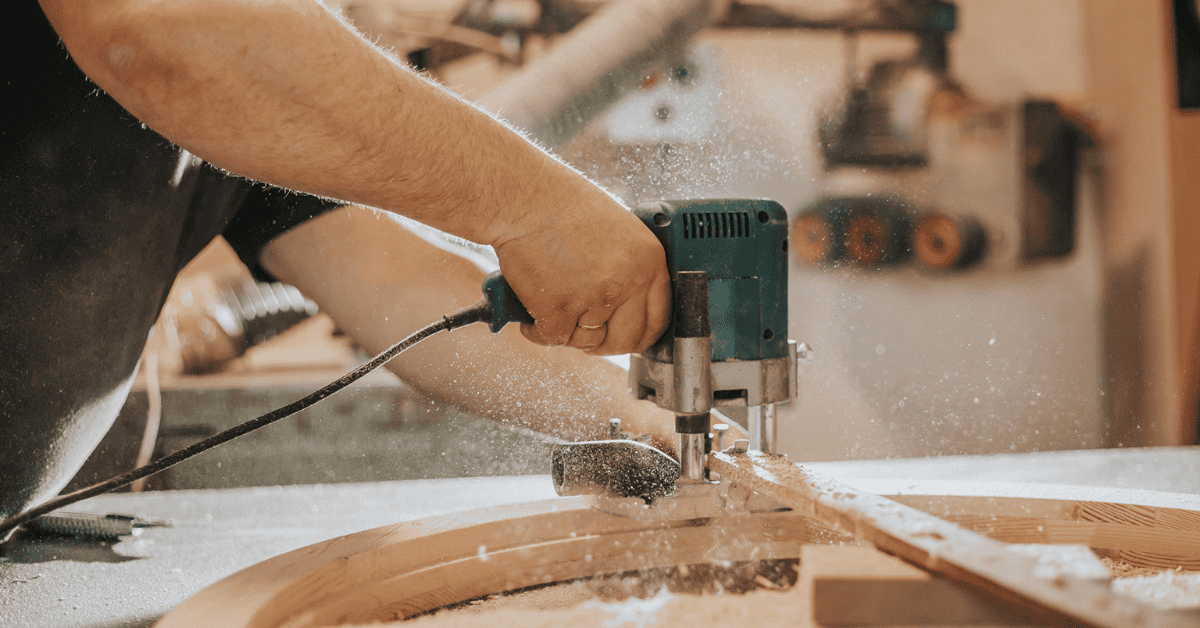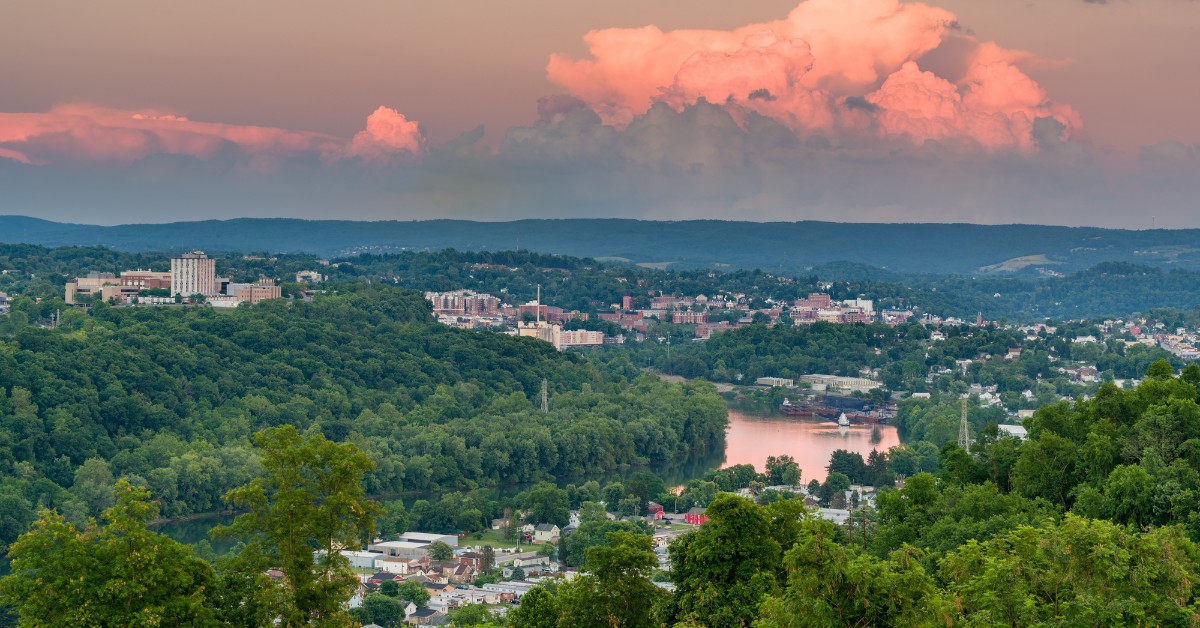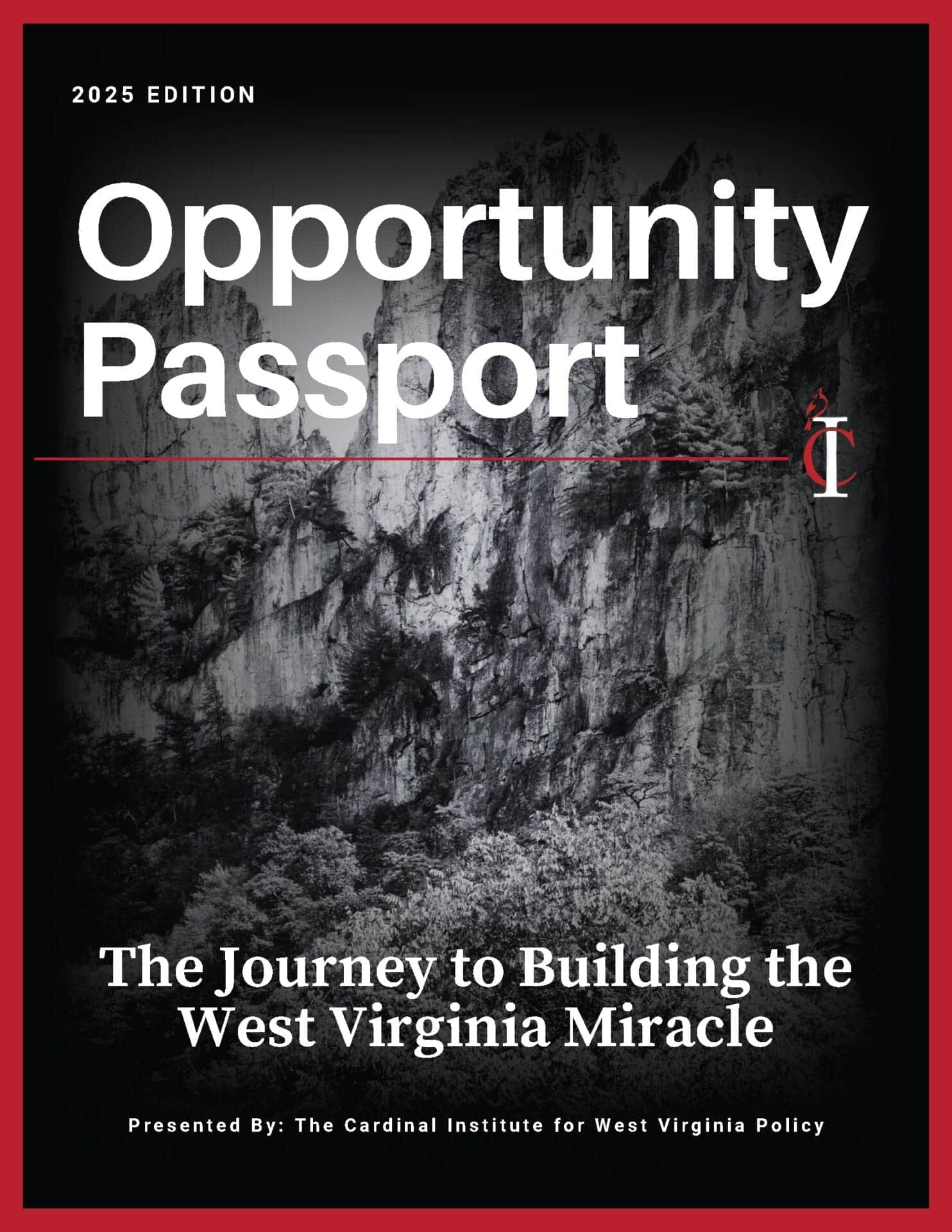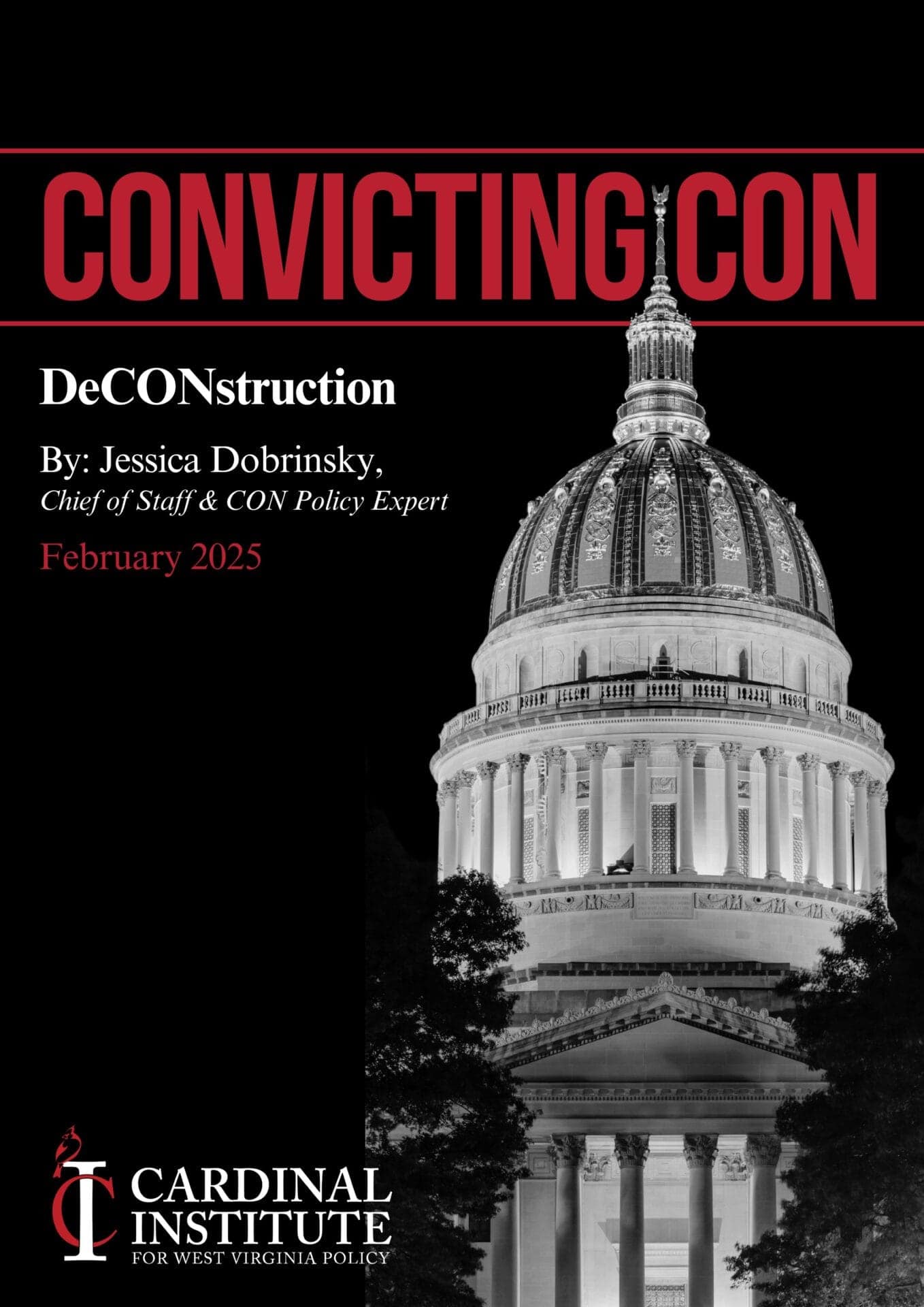
Occupational Licensure Stands in the Way of Prosperity
Occupational Licensure Stands in the Way of the Path to Prosperity
The path to prosperity, for most people, starts with income. Income, collected and saved over time, is what lines the coffers of most financially secure people, regardless of what they may have converted it to over the years: stocks, bonds, or other financial instruments. It is natural, then, to believe governments should, where possible, restrict themselves from standing in between their citizens and earning an income. However, as a new report from the Institute for Justice points out, West Virginia’s government has made very little headway in removing a large barrier in the way of its citizens as they strive to better themselves. What is this barrier? Occupational licensure.
What is Occupational Licensure?
Occupational licensure requires an individual to meet certain government requirements in order to legally work in a given profession. Requirements often include education, tests, fees, or hours worked in an apprenticeship. Across the world, governing bodies license occupations that carry the risk of significant negative effects on the consumer: doctors, lawyers, accountants, and the like. But in addition to these, many governments also require licensure for occupations that don’t necessarily carry as much risk: plumbers and taxi drivers come to mind.
The proponents of occupational licensing hold that it prevents unqualified or untrustworthy individuals from providing shoddy work to or taking advantage of consumers. Its opponents, though, would counter that studies have regularly shown that licensing does not provide the increased quality of work coming out of licensed occupations.
Additionally, requiring licensing creates a barrier to entry for individuals looking to enter the field. This barrier restricts supply, raising prices for consumers, and as mentioned before, stands as a barrier between individuals and earning income.
West Virginia’s Needless Barriers
Even if we toss out the empirical evidence that says that licensing does nothing, and occasionally has a negative effect, on the quality of work coming out of a profession, we must assume that any positive effect that licensure could provide must come after significant education, training, and evaluation of individuals looking to move into a given career. Why then, in multiple lines of work, does West Virginia require nothing more than a fee paid to its treasury and one written test? And sometimes, even the test isn’t required.
The Jobs
First, we’ll start with occupations that, in West Virginia, require only a single test plus a fee paid to the government. Only one test and a $202 fee are necessary to become a Commercial or Residential Landscape Contractor. A single test and $142 is required for
- Commercial or Residential Carpenter/Cabinet Maker Contractors
- Door Repair Contractors
- Drywall Installation Contractors
- Floor Sander Contractors
- Glazier Contractors
- Insulation Contractors
- Painting Contractors
- Paving Contractors
- Sheet Metal Contractors, and
- Terrazzo Contractors.
One test and a $50 fee is necessary to become a Wildlife Control Operator. Finally, one test and a $10 fee allows a person to become a Milk Sampler.
Onto more egregious examples where it seems as though West Virginia’s only concern is taking its cut. Many licenses require no education, no experience, and no exam. Yet individuals must pay $100 to seek employment as Gaming Cage Workers, Gaming Dealers, Gaming Supervisors, and Slot Supervisors. Ninety dollars is required to become an Upholsterer. The government charges $55 fees to Child Care Home Workers. $10 fees are necessary for Animal Breeders and Travel Guides.
The Solution
On the heels of the 2022 election, Mountaineers should firmly tell their elected officials to get out of the way. It is time to rethink why we demand hardworking West Virginians pay a portion, however small, of their income toward licenses which indisputably do nothing to protect consumers. Once we’ve done that we should next review all of West Virginia’s occupational licenses. The Mountain State is the 16th most burdensome state to get a job. But it doesn’t have to be.
Jacob McCoy is a Contributor to the Cardinal’s Nest Blog.








